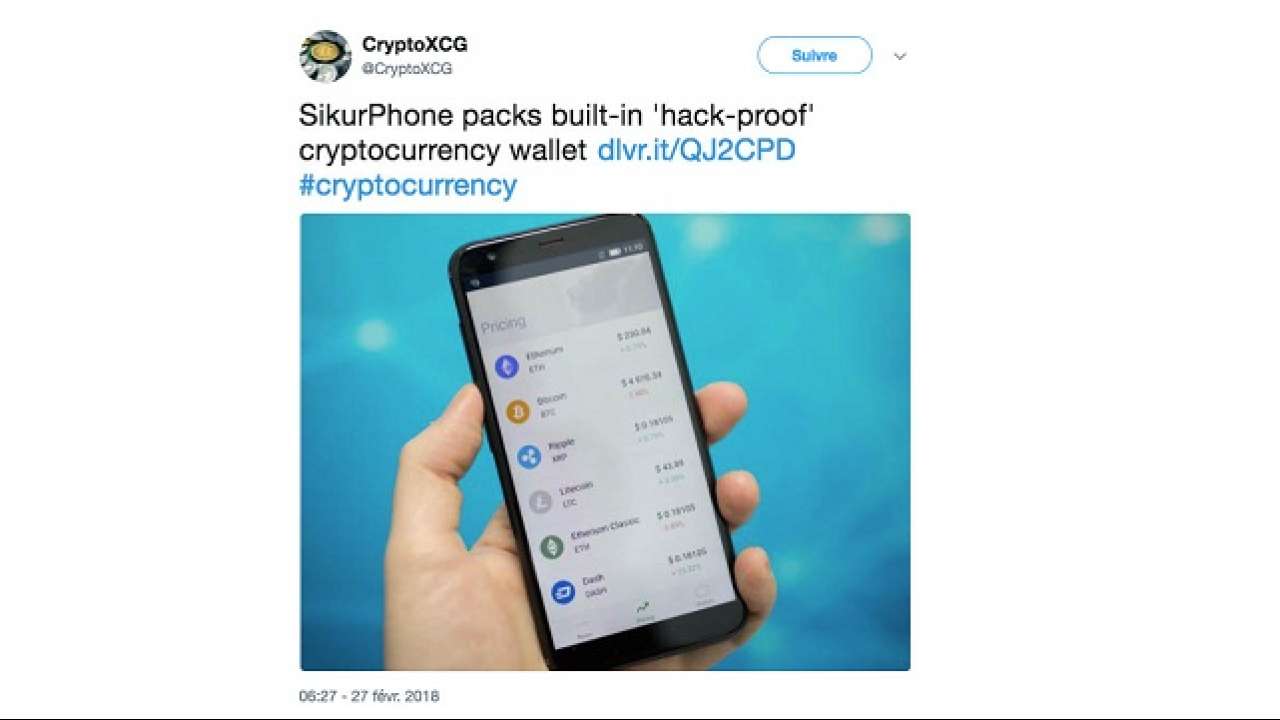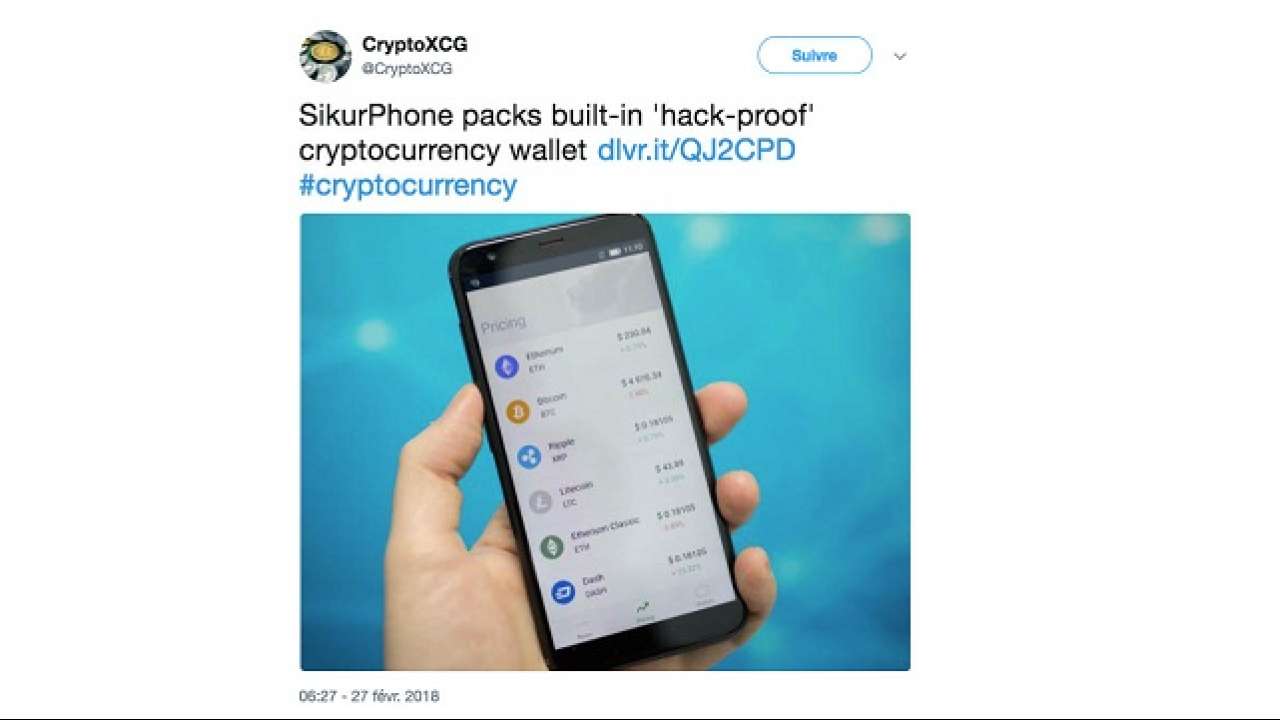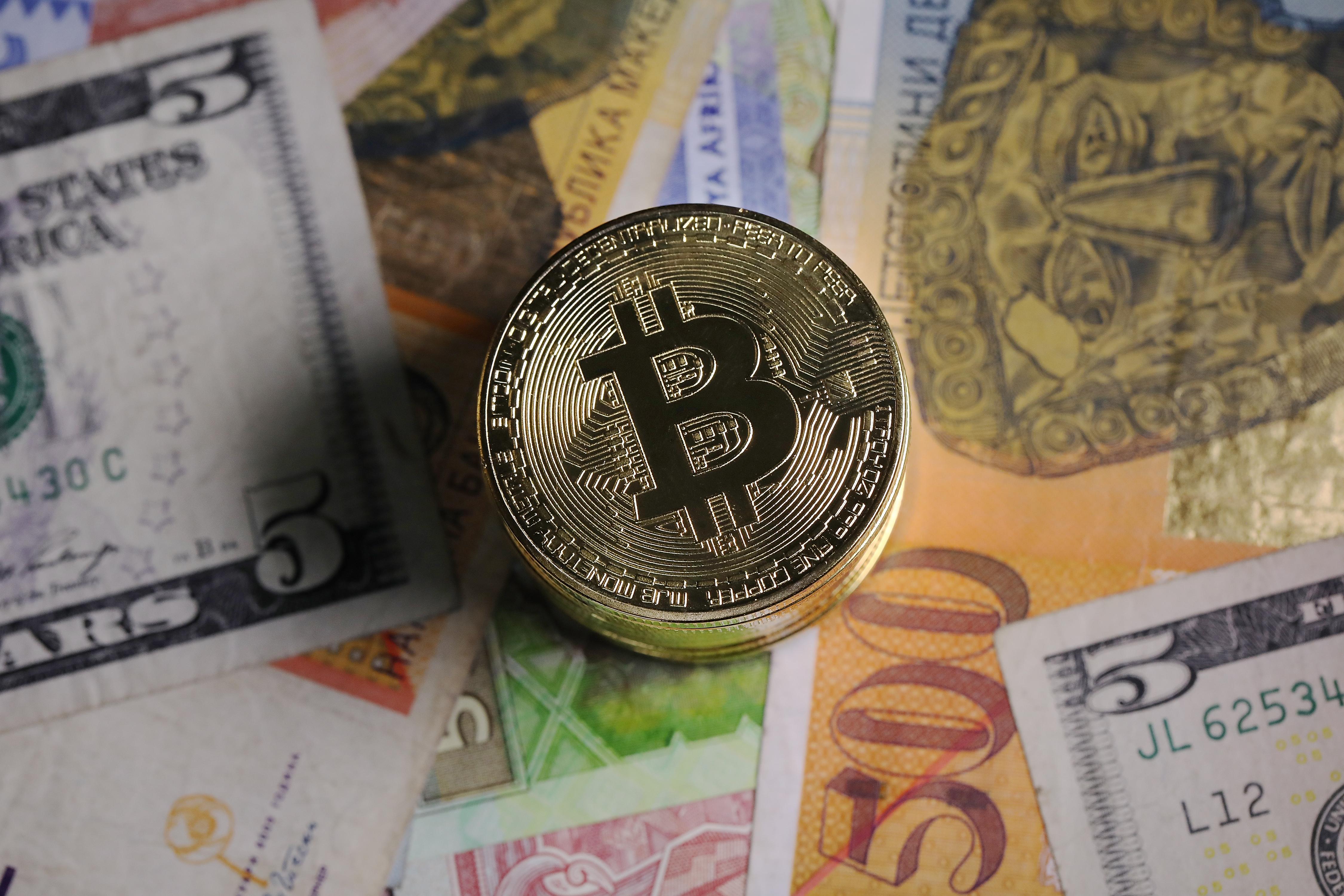You can’t turn a corner these days without running into blockchain. Just being associated with blockchain can instantly raise your company’s valuation.
And if you want to be a leader in your industry, just mention that you have blockchain experiments happening in your R&D labs and you will immediately be dubbed an “innovator.”
Entrepreneurs are using this distributed cryptographic ledger to reinvent everything from currency to health records, to business contracts, to real estate transactions and media distribution. The question is, has it lived up to its hype thus far and what is blocking it from becoming a truly disruptive technology?
The Money Keeps Pouring In
Massive amounts of venture capital continue to bet that blockchain will find a commercial, production-class solution sooner rather than later.
In 2017, there have been 42 equity investment deals totaling more than $325 million. This follows $390 million of investment in 2016. Google and Goldman Sachs are the two most active corporate investors in blockchain companies. We may now be reaching a point of over-capitalization for a technology that may remain in the R&D lab for many companies for the foreseeable future.
Blockchain is attracting a who’s who of the investment community. Even billionaire investor Mark Cuban is getting hot on blockchain. Radical App, the group that oversees Dust, a chat app, will be releasing its Mercury Protocol blockchain messaging technology that promises to change the way we interact online by providing more privacy and rewarding positive behavior.
The insanity may have reached an all-time high with the launch of ICOs, or Initial Coin Offerings, which are aimed at funding blockchain-based startups.
To take part in an ICO, investors of the project send digital money to a website run by the company and then receive digital tokens in return. Dozens of small companies have raised millions, even hundreds of millions, of dollars through them — in many cases from ordinary investors. It’s the latest mania that looks more like a Ponzi scheme than a viable investment.
But don’t think it’s an automatic ride. Of 103 blockchain companies that received initial seed or angel funding in 2013 to 2014, only 28 managed to raise further money. At some point, you do need a product to survive.
Source/More: Blockchain Will Stall Until it Finds Its Killer App















